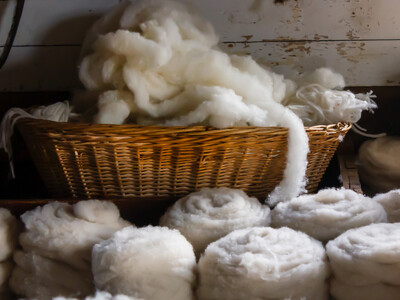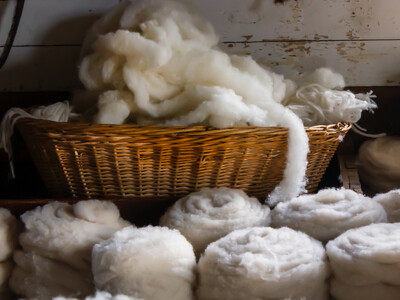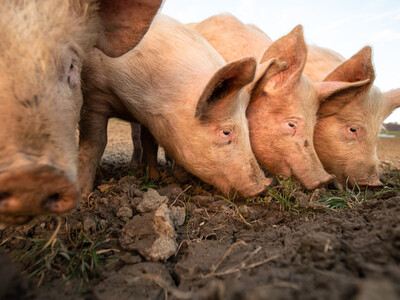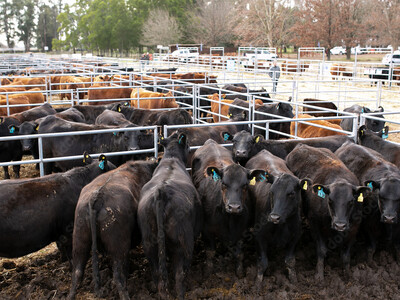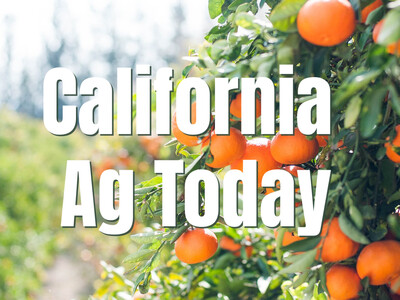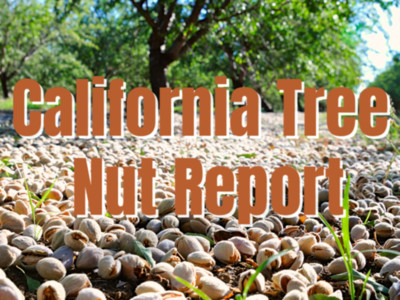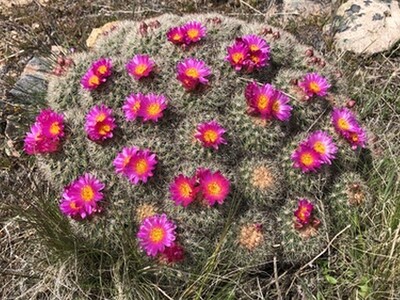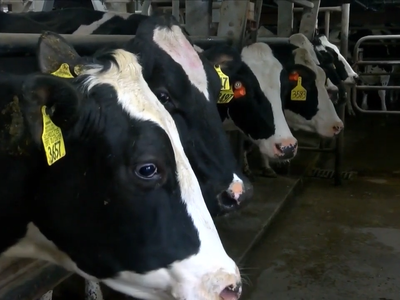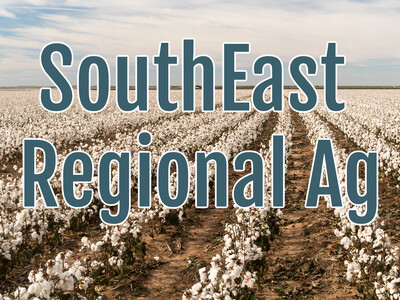Food Security Declines
Food Security Declines. I’m Greg Martin with today’s Line On Agriculture.
T
COBA: In 2008, we in the
In
COBA: The production is not the problem. It's definitely getting the food to the folks who need it in a way that they can afford it. That becomes a bigger challenge.
COBA: Not only are we not getting the food to the people who need it now at a price point they can afford, we are going to start seeing pressures on the production side as well.
Coba reminds everyone that even though agricultural producers are trying to help stem the rising tide of food insecurity, they are not exempt from hardship.
COBA: Often times, it is farmers and ranchers in
That’s today’s Line On Agriculture. I’m Greg Martin on the Northwest Ag Information Network.




